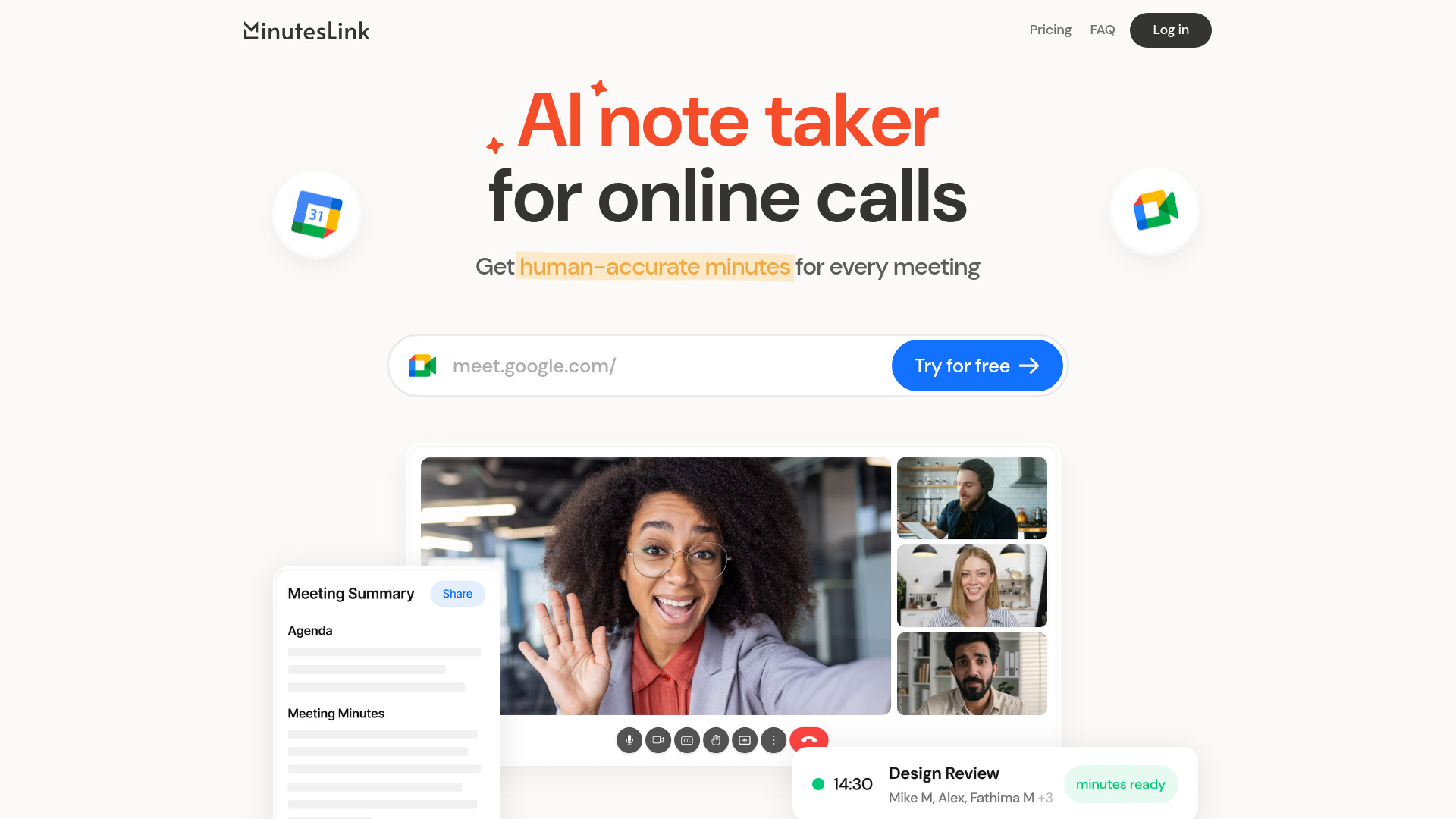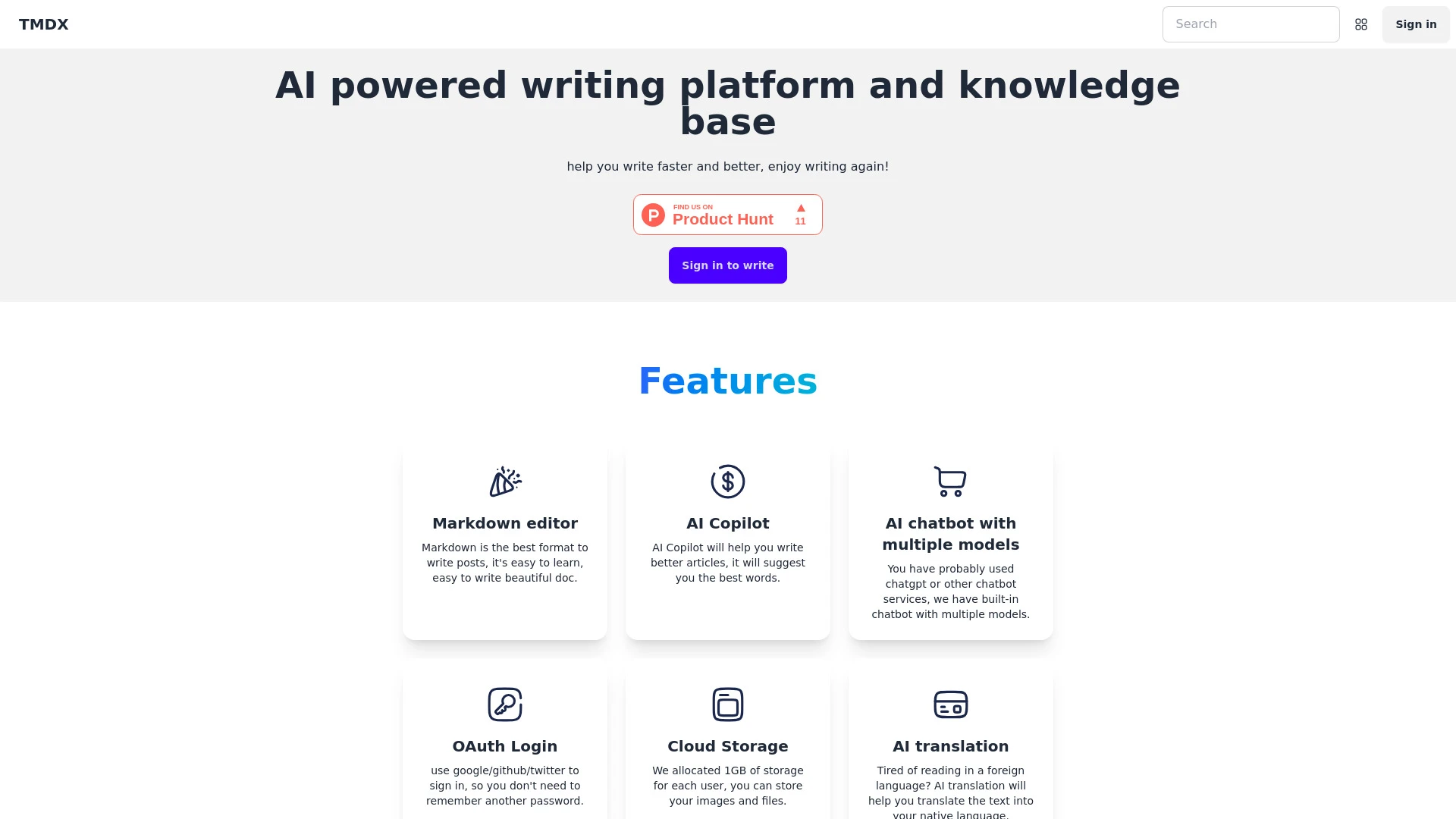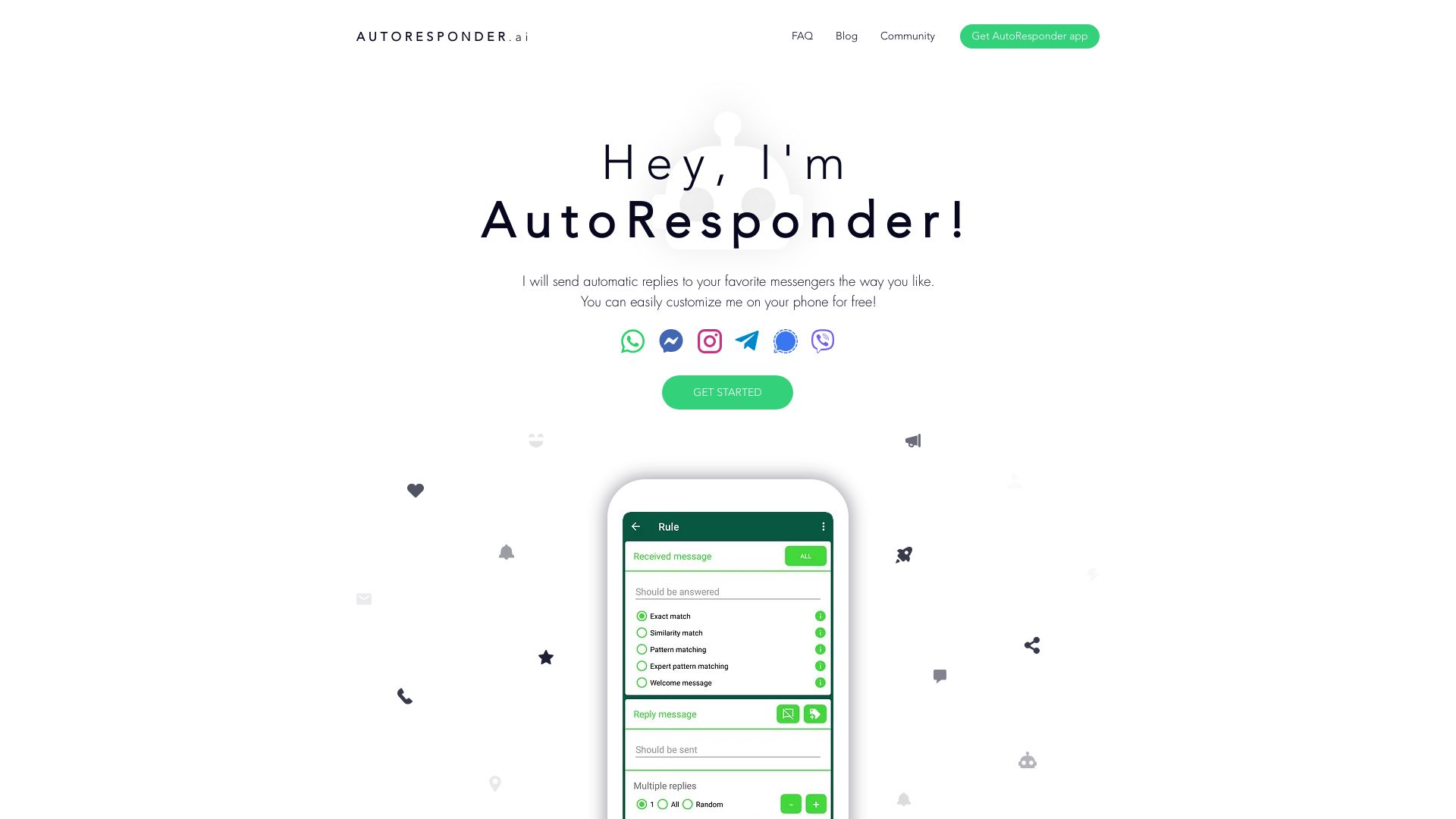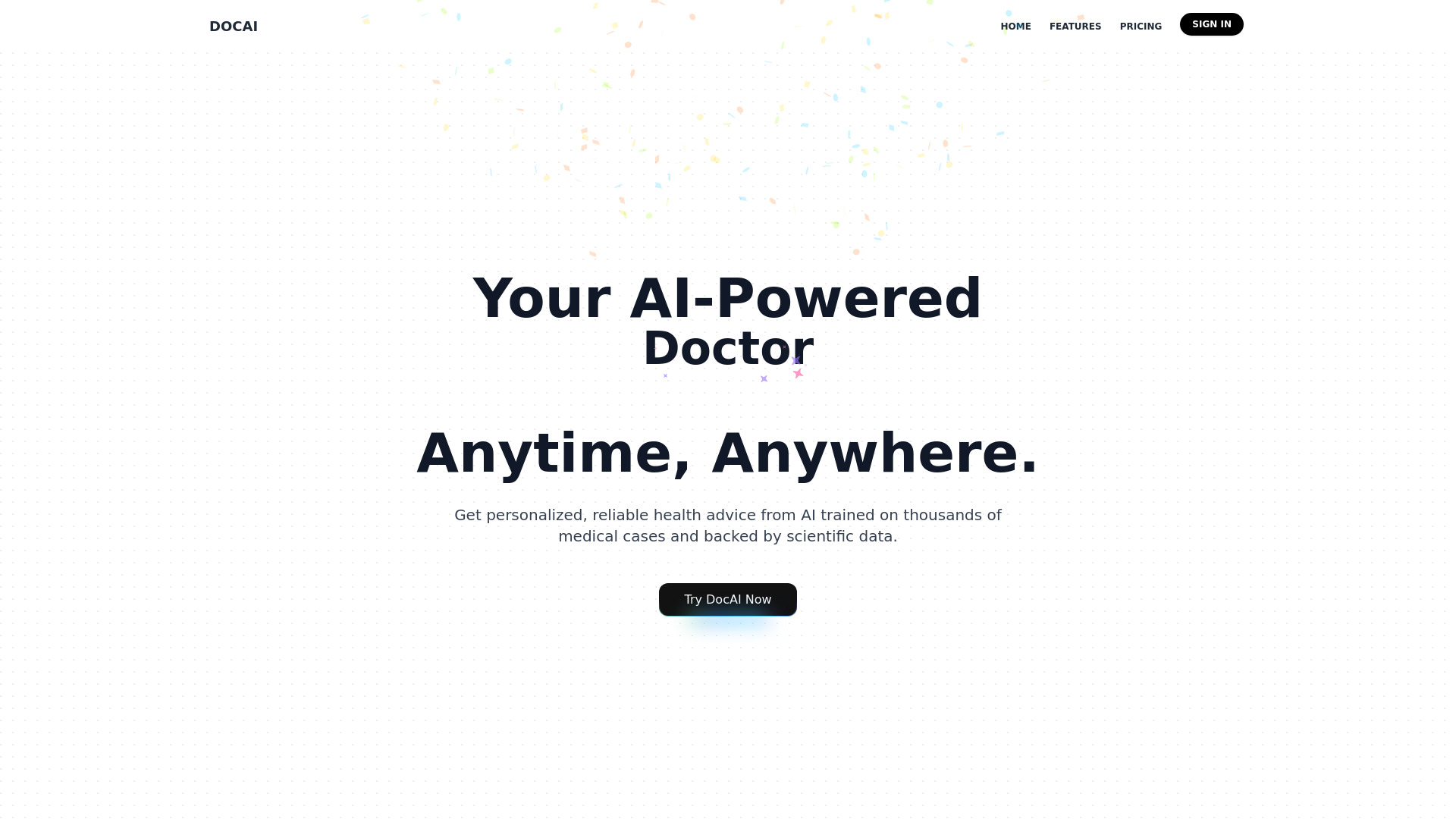AI Trip Planner
AI Trip Planners leverage algorithms to streamline travel experiences by personalizing itineraries based on user preferences, budget, and real-time data. Examples include platforms like Google Travel, which suggest destinations, activities, and hotels. Benefits include time savings and tailored experiences, while challenges involve data privacy and ensuring recommendations remain unbiased and accurate.
Primary AI
Most Commonly Used Task
Core Features
Personalized itinerary suggestions
Real-time weather updates
Activity and accommodation recommendations
Budget management tools
Integration with maps and navigation
Local cultural insights
Travel safety alerts
Use Cases
Personalized itinerary generation
Real-time travel updates and alerts
Activity recommendations based on user preferences
Budget optimization and expense tracking
Integration with local transportation options
Itinerary sharing with friends and family
Most Helpful AI's
Primary Tasks For AI Trip Planner
| # | Task | Popularity | Impact | Follow |
|---|---|---|---|---|
| 1 |
✈️
Travel itineraries |
0% Popular
|
78%
|
|
| 2 |
🌍✈️🧳🗺️
Travel plans |
50% Popular
|
87%
|
|
| 3 |
✈️
Travel recommendations |
0% Popular
|
78%
|
|
| 4 |
📱
Apps |
50% Popular
|
76%
|
|
| 5 |
🗂️
Task management |
0% Popular
|
78%
|
|
| 6 |
🍽️
Meal plans |
0% Popular
|
78%
|
|
| 7 |
📊
Spreadsheet tasks |
0% Popular
|
78%
|
|
| 8 |
🤖
Task automation |
0% Popular
|
87%
|
|
| 9 |
🎮🗺️🌍🏞️🧭
Adventure games |
0% Popular
|
78%
|
|
| 10 |
🤖🔍
AI content detection |
0% Popular
|
87%
|
|
| 11 |
📊
Project management |
50% Popular
|
73%
|
|
| 12 |
🛍️
Shopping assistance |
0% Popular
|
85%
|
|
| 13 |
🧠🎮
Trivia games |
0% Popular
|
85%
|
|
| 14 |
🤖
ChatGPT |
0% Popular
|
85%
|
|
| 15 |
📖✨
Interactive storytelling |
0% Popular
|
87%
|




